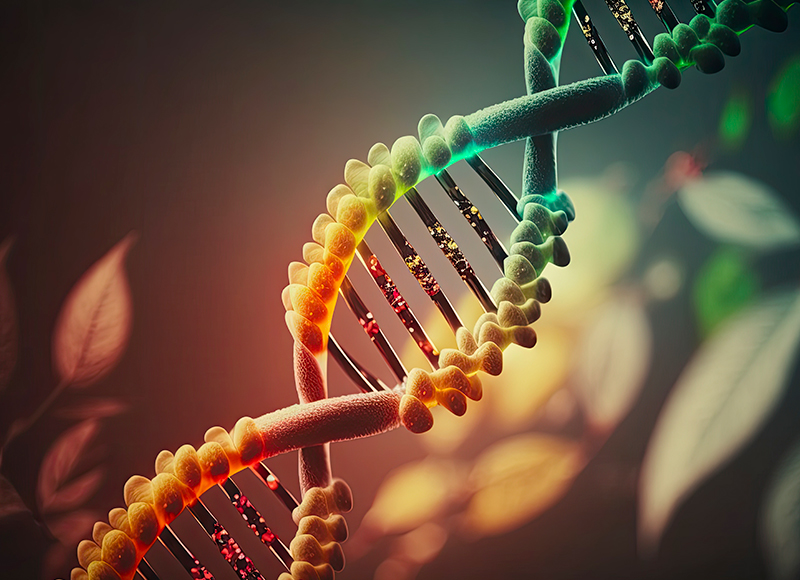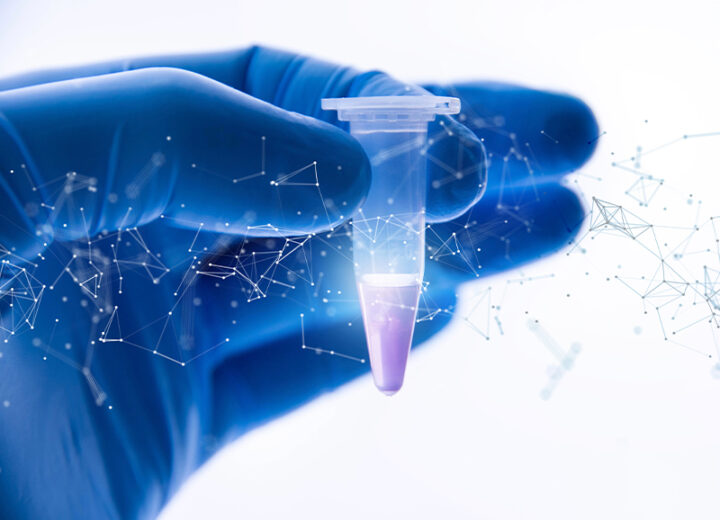18 September 2024
The many uses of recombinant enzymes in gene sequencing

In the ever-evolving world of biotechnology, gene sequencing stands out as a powerful tool for understanding genetic information. From unlocking the secrets of our DNA to enabling groundbreaking therapies, the possibilities seem endless. But, behind every successful gene sequencing project lies a set of indispensable tools – recombinant enzymes. In this field, recombinant enzymes have revolutionized gene sequencing.
Created using recombinant DNA technology, they allow scientists to manipulate and analyze DNA with precision. In this blog, we’ll explore the vital roles recombinant enzymes play in gene sequencing today.
The importance of enzymes in gene sequencing
Enzymes are the workhorses of molecular biology. In gene sequencing, they serve as catalysts that facilitate the reactions necessary for DNA analysis. Whether it’s cutting DNA strands, amplifying genetic material, or synthesizing new sequences, enzymes make these complex processes possible.
So, without restriction enzymes, it would be nearly impossible to isolate and study individual genes. Also, another key player is DNA polymerase, which has enabled next-generation techniques.
But, why use recombinant enzymes? The answer; consistency and reliability. Recombinant enzymes are produced in controlled environments, ensuring high levels of purity and activity. As a result, consistency is critical for gene sequencing, as even the smallest variation can lead to errors in the results.
Key recombinant enzymes used in gene sequencing
DNA polymerase: driving next-generation sequencing (NGS)
DNA polymerase is perhaps the most well-known enzyme in gene sequencing. Its primary function is to synthesize new DNA strands by adding nucleotides to an existing strand. This enzyme is fundamental to NGS, a method that allows for the rapid sequencing of large DNA fragments.
In NGS, DNA polymerase is used to amplify the DNA sample, creating millions of copies of the target sequence. This amplification is essential for producing readable sequencing data. Recombinant DNA polymerases are engineered to be highly accurate and efficient, minimizing errors during amplification.
Restriction enzymes: precision cutting of DNA sequences
Restriction enzymes, also known as restriction endonucleases, are essential tools in gene sequencing. These enzymes cut DNA at specific recognition sites, creating fragments that can be analyzed or further manipulated. In gene cloning, restriction enzymes are used to insert genes into plasmids, which can then be sequenced to understand their function.
Recombinant restriction enzymes are designed to recognize and cut DNA with high specificity, ensuring precise and reproducible results. This precision is critical in applications like gene therapy, where the correct insertion of a gene can mean the difference between success and failure.
Reverse transcriptase: unlocking the secrets of RNA
DNA is the star of gene sequencing. Nevertheless, RNA also plays a crucial role, especially in the study of gene expression. Reverse transcriptase is an enzyme that converts RNA into complementary DNA (cDNA), which can then be sequenced. This process is key for understanding gene expression and regulation under different conditions, such as during disease progression.
Recombinant reverse transcriptase is optimized for efficiency and accuracy. This makes them particularly important in the development of RNA-based therapies, such as mRNA vaccines.
Ligase: Sealing the gaps in gene assembly
Ligase is the enzyme responsible for sealing breaks in the DNA backbone, essentially “joining” DNA fragments together. In gene sequencing, ligase is used during the assembly of DNA fragments, such as in the creation of recombinant DNA molecules.
As such, recombinant ligases are engineered for high activity and stability, ensuring that DNA fragments are joined efficiently. This enzyme plays a critical role in gene cloning, where accurate assembly of DNA is necessary for successful gene expression studies.
The revolutionary applications of recombinant enzymes in gene sequencing
Recombinant enzymes in gene sequencing have far-reaching applications that are driving transformative advances in life sciences.
In addition, they contribute significantly to research in gene expression, epigenetics, and the broader understanding of human genetics. As a result, they are enabling the study of how genes are regulated and expressed. In summary, recombinant enzymes are helping scientists unravel the complexities of the human genome.
Pioneering custom enzymes for life sciences R&D
At Cocoon, we recognize that every research project has unique requirements. That’s why we partner with companies to produce the exact enzymes they need, including custom specifications and solutions. Using our innovative CrisBio® platform, we leverage cocoons as natural bioreactors to express complex enzymes that traditional systems often struggle to produce.
Therefore, our approach is not only more cost-effective but also scalable, making it ideal for life sciences research and development.
RELATED: Custom recombinant proteins: powering your product development
At Cocoon, we are committed to supporting the revolutionary work being done in gene sequencing and beyond. As a result, our custom enzyme development service is designed to meet the highest standards of quality and performance. In doing so, we provide researchers with the tools they need to push the boundaries of what’s possible.
Learn more about our enzyme development service and how we can help you revolutionize production here.


